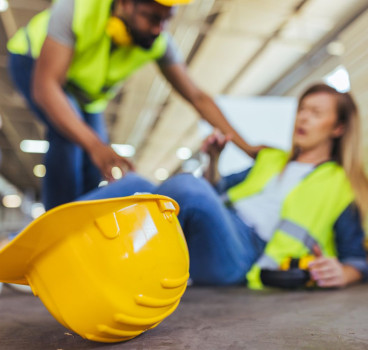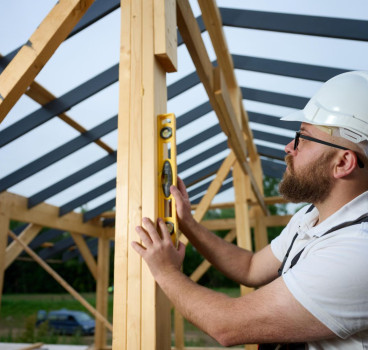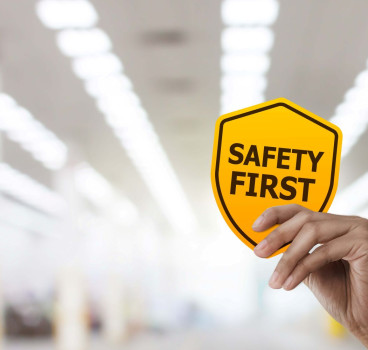Lack of appropriate toilets can affect children’s education
From their design to their hygiene, washrooms must be maintained regularly to make sure students feel comfortable using the services. Even a loose or a broken toilet door lock could compromise a child's education; if a child feels as if he or she cannot use a facility comfortably, they may well return to a class unrelaxed, unfocussed and not in the best mind-set for learning.
It is striking and even surprising to see how seemingly minor concerns such as toilet door locks have a negative effect on a child's education and state of mind. Wellbeing is becoming more prominent in discussions on students mental and physical health; schools not only have a responsibility to educate, they must cultivate safe spaces for young people in the key stages of personal and individual development. Each area of a school building must be maintained to a standard which ensures a child's education and wellbeing is not compromised, where their comfort should be of fundamental concern to school staff and the wider education sector at large.
On the surface of things, it seems hard to envision why unequipped toilets could impact a child's education and wellbeing. But if a child uses a toilet facility which does not have any soap, and then let's say for some reason falls ill, then they will miss crucial learning time in the classroom. Maintaining clean and efficient toilets curbs absenteeism as children are healthy enough to attend lessons.
But the argument does not just revolve around physical health, as mental health and wellbeing is a chief concern for school staff. If a washroom is not maintained appropriately, students will feel anxious using them, resulting in a decreased-attention span whilst at school. Whether it is lack of soap, broken toilet seats, or cracked mirrors, it is important to take into account these factors to address the broader concern of how it might impact a child's frame of mind.
More responsibility must be taken to improve toilet facilities in school environments, in order to increase student wellbeing, health and productivity. Schools must also shift their perspectives towards small concerns such as these as they will improve the school's larger function. At the moment, poorly facilitated toilets are affecting attendance and wellbeing, thereby threatening the overall performance of a school. By shifting perspectives and taking more accountability when it comes to the state of school washrooms, we might enhance students' wellbeing and find solutions to prevent absenteeism.
Additional Blogs

Construction site safety - is zero tolerance realistic?
Walk onto almost any construction site in the country and you will see it printed in bold letters across hoardings and induction slides: ZERO TOLERANCE. It sounds decisive, reassuring and strong. The...
Read moreIs timber construction really greener - or just trendy?
Over the past decade, timber has enjoyed something close to a renaissance. Architects talk about warmth and biophilic design. Developers highlight carbon storage. Contractors discuss speed of...
Read more

4 Must-Follow Health and Safety Habits for the Modern Jobsite
The risks in modern jobsites are constant. Falls, chemical exposure and heat illnesses continue to injure workers across construction and related industries each year. The best way to reduce those...
Read more